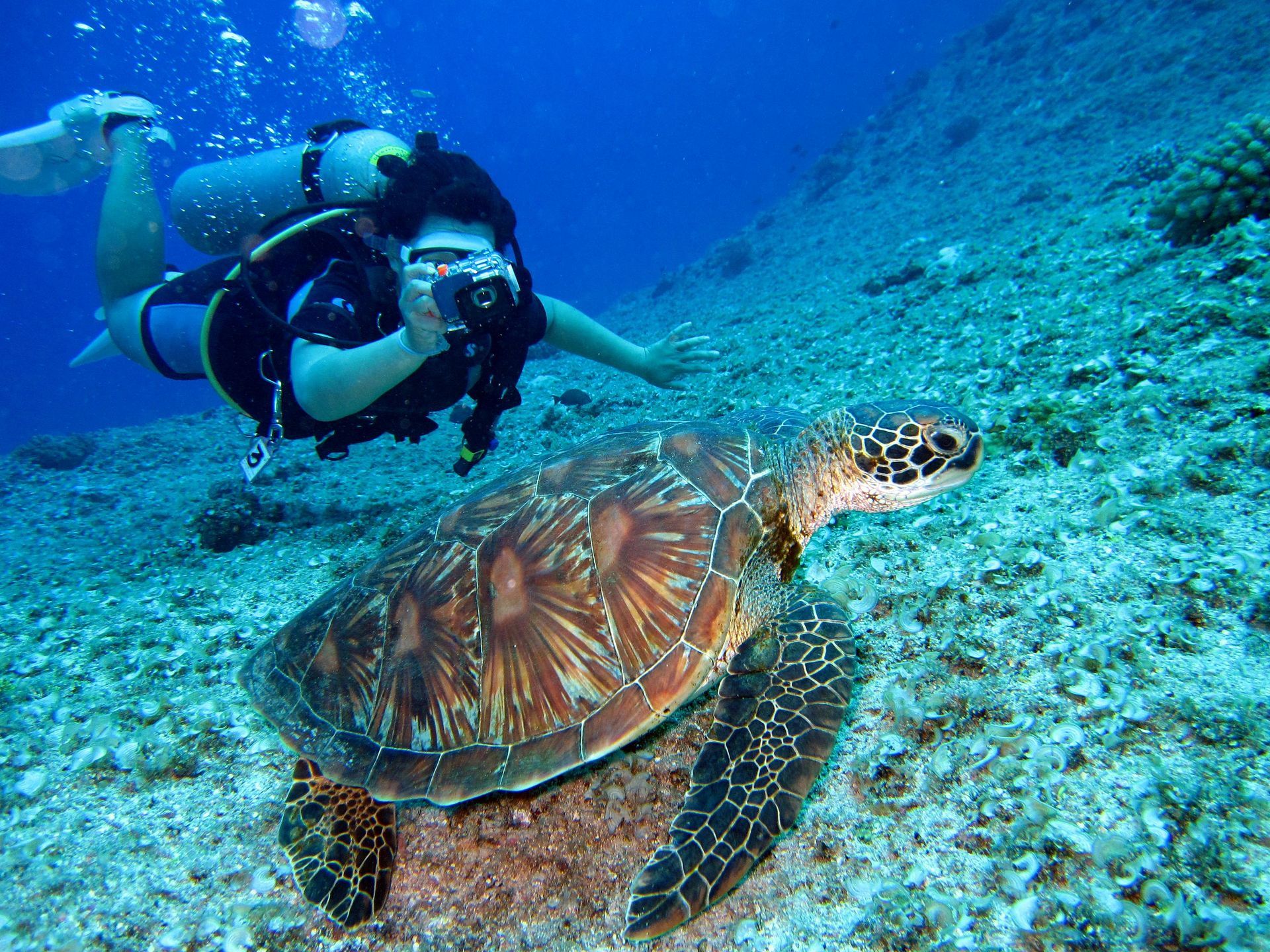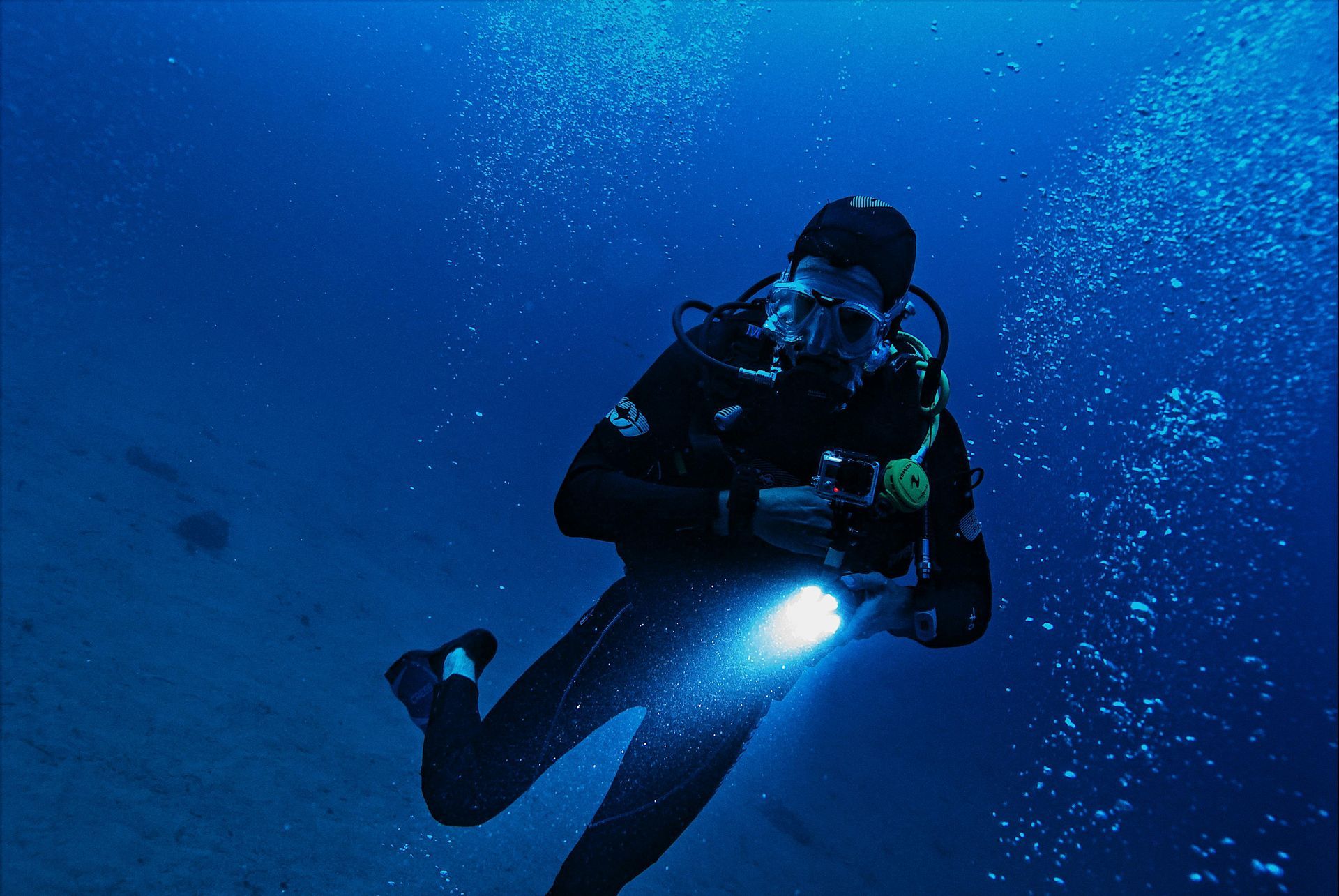10 Things to Know About Scuba Diving in Cyprus: Safety, Sites, and Seasons
Louis Wright • 14 November 2024
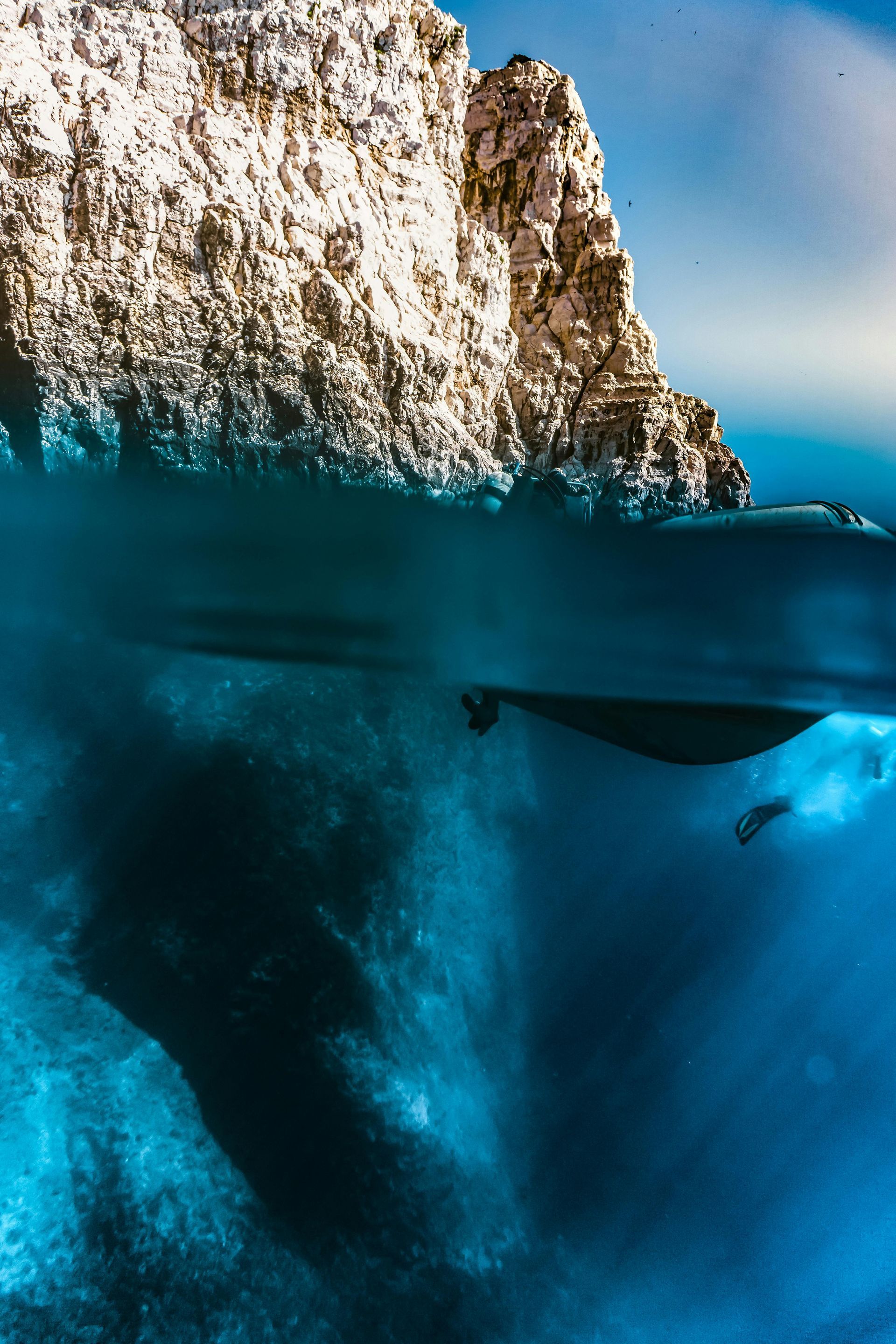
Discover Cyprus: 10 Essential Scuba Diving Tips for Adventurers!
Cyprus is a hidden gem for scuba diving enthusiasts, offering a diverse underwater world, intriguing wrecks, and crystal-clear waters. Whether you're a beginner or an experienced diver, Cyprus has something to offer. Here are ten essential things to know about scuba diving on this Mediterranean island, focusing on safety, top dive sites, and the best times to visit.
1. Safety First: Certification and Experience
To dive in Cyprus, ensure you have the appropriate certification. Popular organizations like PADI, BSAC, and SSI are widely recognized. Beginners can start with a Discover Scuba Diving session, while advanced divers can explore deeper wrecks and caverns. Always dive within your certification limits and experience level.
2. The Zenobia Wreck
One of the top wreck dives in the world, the Zenobia, is a must-visit. This Swedish ferry sank in 1980 near Larnaca and rests at depths ranging from 18 to 42 meters. With its intact cargo and fascinating marine life, the Zenobia offers something for both recreational and technical divers.
3. Musan Underwater Sculpture Park
Located off the coast of Ayia Napa, Musan Underwater Park combines art and marine conservation. The sculptures, designed to attract marine life, create a magical and ever-evolving dive experience. It’s an excellent spot for divers of all levels.
4. Water Temperatures and Visibility
Cyprus boasts warm waters and exceptional visibility. Water temperatures range from 16°C in winter to 28°C in summer. Visibility can exceed 30 meters, making it ideal for underwater photography and exploration.
5. Best Seasons to Dive
The diving season in Cyprus runs year-round, but the best months are April to October. During these months, the water is warmer, and marine life is more abundant. Winter diving is still possible, especially for those equipped for cooler waters.
6. Dive Sites for All Levels
From shallow reefs and underwater caves to deep wrecks, Cyprus caters to all skill levels. Beginners will enjoy Green Bay in Protaras for its calm waters and vibrant fish. Experienced divers can explore challenging sites like the Jubilee Shoals, a deep reef with dramatic drop-offs.
7. Marine Life and Conservation
Cyprus’s waters are home to an array of marine life, including turtles, moray eels, octopuses, and groupers. Conservation efforts, such as artificial reefs and marine parks, aim to protect these ecosystems and enhance biodiversity.
8. Local Dive Centers
There are numerous professional dive centers across the island offering guided dives, courses, and equipment rental. Research and choose a center with certified instructors, insurance and excellent reviews to ensure a safe and enjoyable experience.
9. Dive Insurance and Permits
It’s advisable to have dive-specific insurance that covers emergencies such as decompression illness. While most dive sites don’t require permits, some protected areas may have restrictions, so check ahead.
10. Cultural and Historical Underwater Sites
In addition to natural beauty, Cyprus offers unique cultural dives, such as ancient amphorae and archaeological remains. These sites provide a glimpse into the island's rich history and add a unique twist to your diving adventures.
Final Thoughts
Scuba diving in Cyprus is an unforgettable experience, offering a blend of adventure, history, and natural beauty. By following safety guidelines, choosing the right dive sites, and diving at the optimal time of year, you can make the most of your underwater explorations. So, pack your gear and get ready to dive into the enchanting waters of Cyprus!
Let's get your diving trip booked
Contact Us
Thank you for contacting us.
We will get back to you as soon as possible.
Oops, there was an error sending your message.
Please try again later.
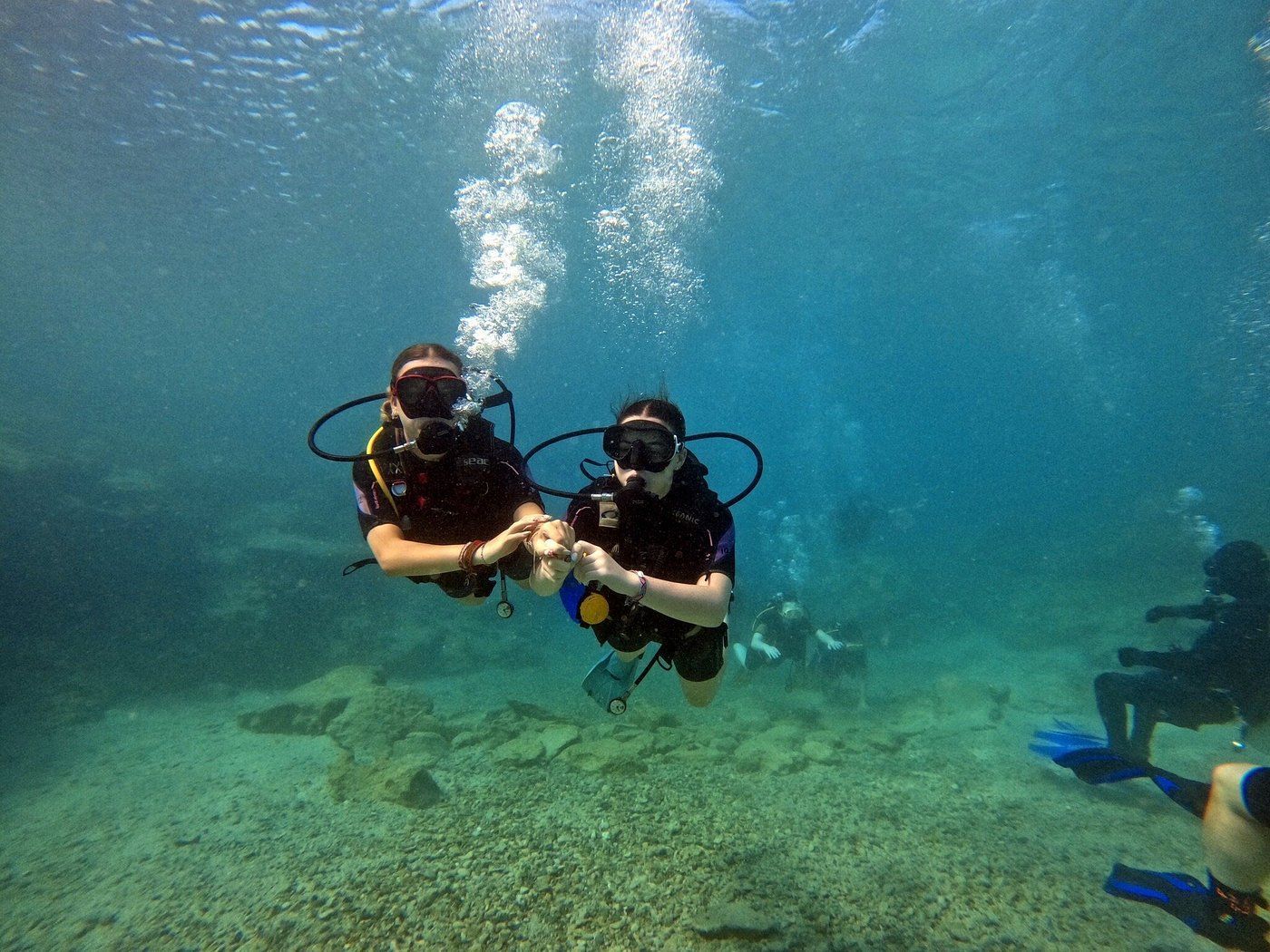
★ ★ ★ ★ ★
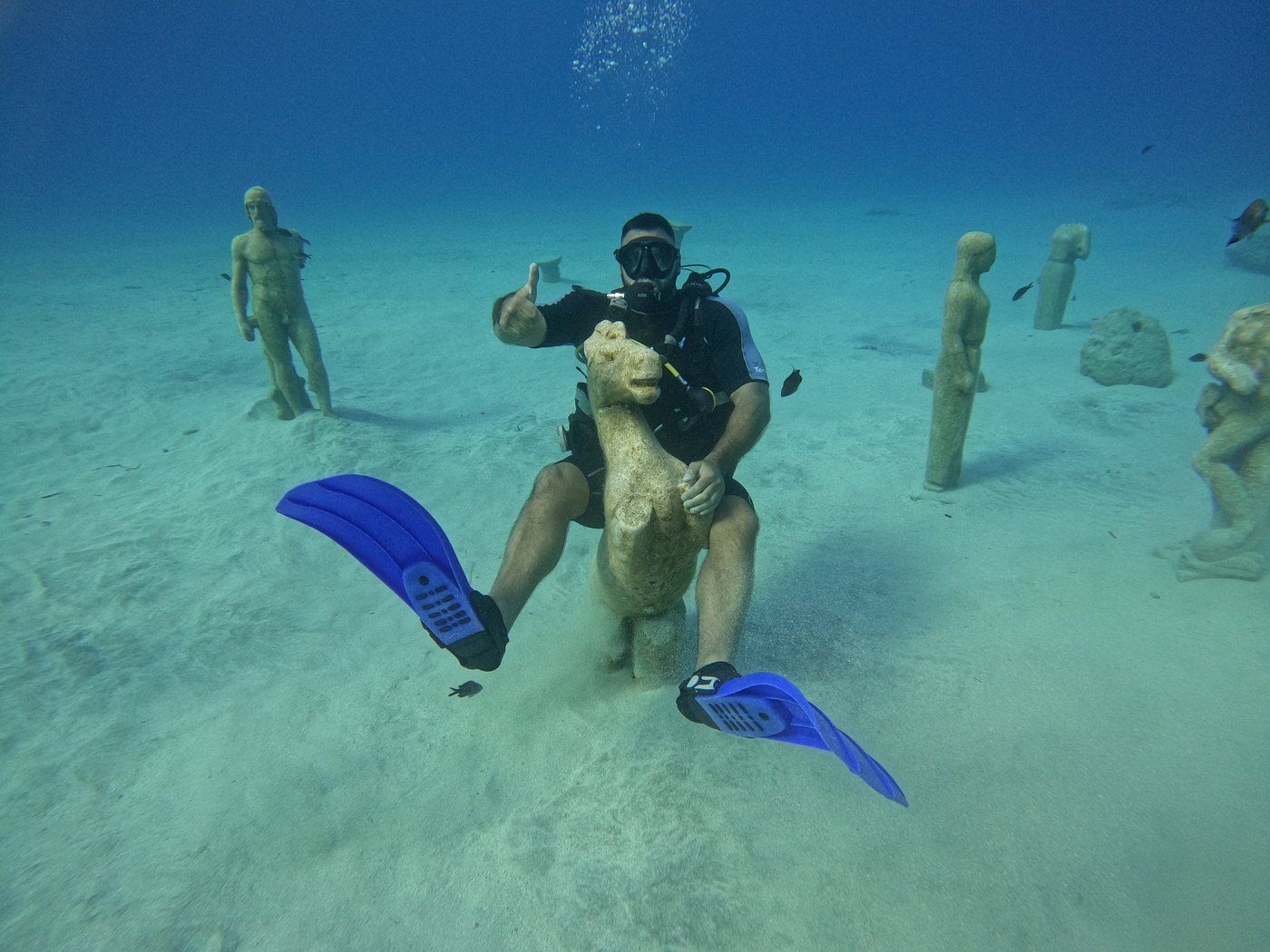
★ ★ ★ ★ ★
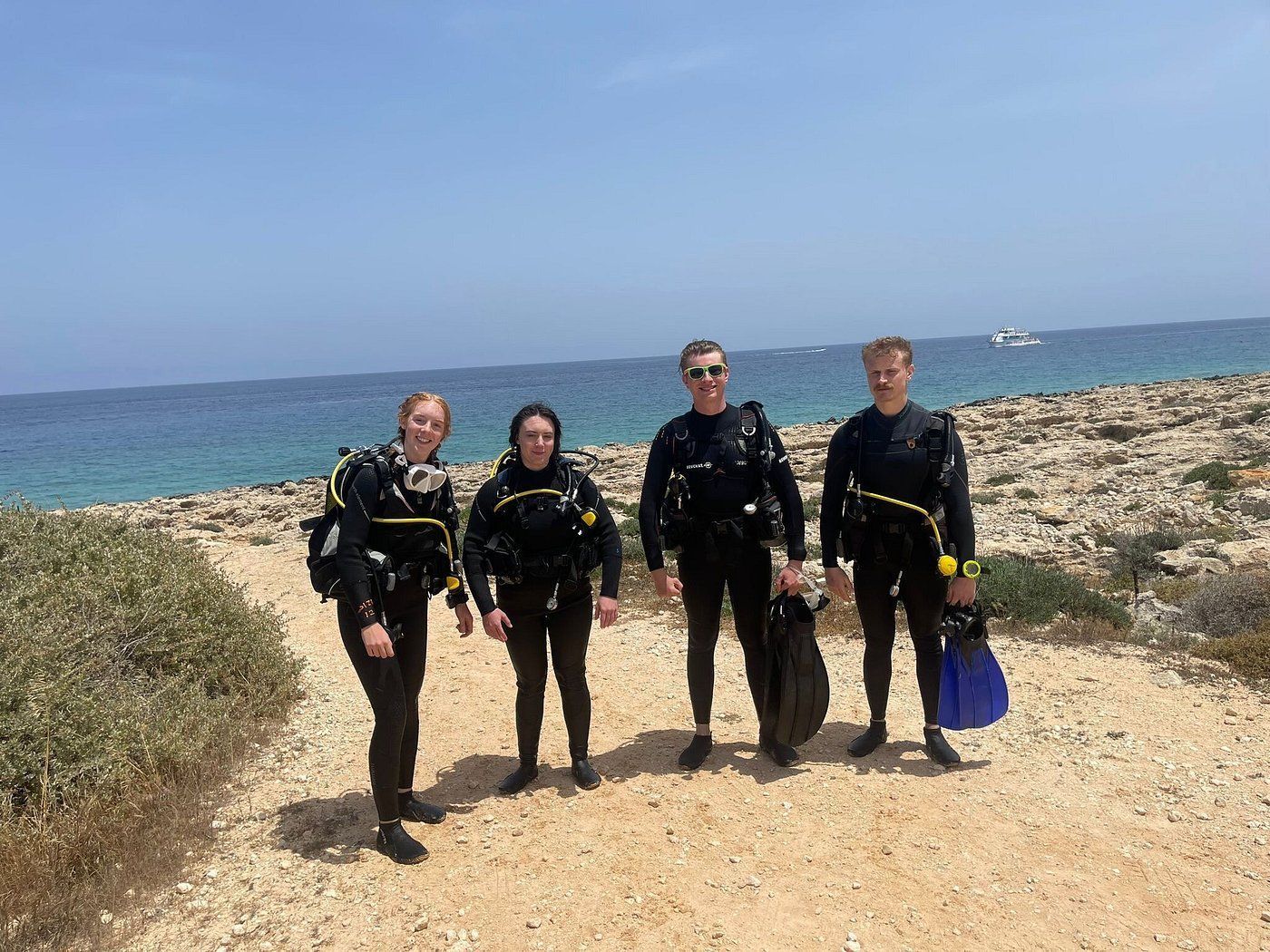
★ ★ ★ ★ ★
★ ★ ★ ★ ★
★ ★ ★ ★ ★
★ ★ ★ ★ ★
★ ★ ★ ★ ★
★ ★ ★ ★ ★
Rated Excellent by 200+ Visitors

Dive Trip Bookings
Dive Centre
Shop 16, 457 Protaras Cavo Greco avenue, Protaras , Cyprus 5296
ABOUT
CYPRUS TOP TIPS
SPECIALITY COURSES
EXPERIENCES & ACTIVITIES
RECREATIONAL COURSES
SOLO & GROUP TRIPS
TECHNICAL COURSES
INSTRUCTOR & DIVEMASTER
REC2TECHSCUBA
All content on this website, including but not limited to text, images, graphics, logos, and videos, is the property of REC2TECHSCUBA unless otherwise stated. Unauthorized use, reproduction, or distribution of any material is strictly prohibited.

